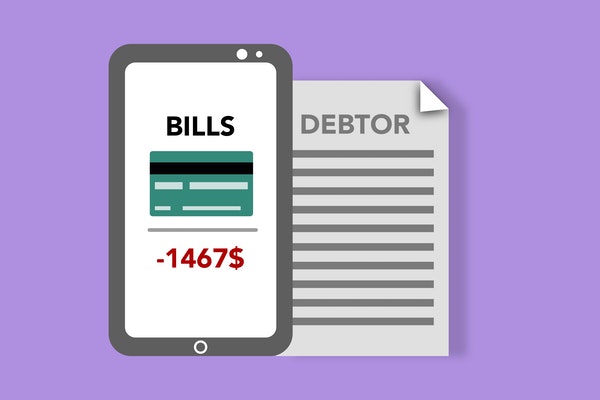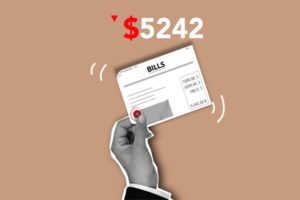When you have multiple credit cards, student loans, a mortgage, car payments, etc., the sheer number of bills every month may be overwhelming. What if there were a way to combine all those payments into just one monthly payment? That’s exactly what debt consolidation is! Typically, debt consolidation involves combining multiple debts into one new loan. We will explain the benefits of debt consolidation so you can determine if it’s the right option for you.
Benefits of Debt Consolidation
Easier to Keep Track of Finances
One of the biggest benefits of debt consolidation is that it’s easier to keep track of your finances. Rather than having to remember when five different bills are due, you only have to remember one due date.
Lower Interest Rates
Another major benefit of debt consolidation is that the new loan often has a lower interest rate than the credit cards. Interest rates for debt consolidation loans can be as low as around 6% if you have good credit. The average interest rate for credit cards is around 18%. By combining high interest credit cards and other debt into a new loan with a lower interest rate, borrowers could save a lot of money.
Lower Monthly Payments
Payments on a debt consolidation loan may be lower than the payments on your existing loans because the new loan may have an extended term. This can free up money elsewhere in your budget, which can be helpful if you want to start saving more money. However, a lower payment and a longer term is not always a benefit. Keep in mind, when you pay on a loan longer, you end up paying more in interest.
Alternatives to Debt Consolidation
While the benefits of debt consolidation can be helpful, not everyone is able to get a debt consolidation loan. Borrowers with poor credit might have a hard time getting approved for the loan. Even if they get approved, they may not get the same low interest rate as a borrower with good credit. The good news is, there is another option that offers the same benefits as debt consolidation loans without taking out a new loan. Debt management programs are very similar to debt consolidation. Rather than being offered by a lender, these programs are administered by a nonprofit credit counseling agency.
First, a credit counselor goes through your financial situation with you. They will ask about your income, assets, expenses, and liabilities to get a clear picture of your overall finances. Next, they help you come up with a workable budget for you while you’re in the debt management program. The credit counseling agency combines your multiple debts into one monthly payment, just like a debt consolidation loan. The credit counseling agency pays your lenders on your behalf. Your payment in a debt management program will also be lower than what you would have been paying otherwise. This is because the credit counseling agency negotiates lower interest rates and fees with your creditors. Another benefit of debt management programs is that there is no minimum credit score requirement. Even consumers with poor credit can qualify for a debt management program.
Before you make a decision as to whether you want to take out a debt consolidation loan or try a debt management program, it’s important to do your own research. Everyone has their own unique financial situation. A debt consolidation loan may work great for one person, but it could be the wrong option for another.
If you struggle to pay off debt, ACCC can help. Schedule a free credit counseling session with us today.






